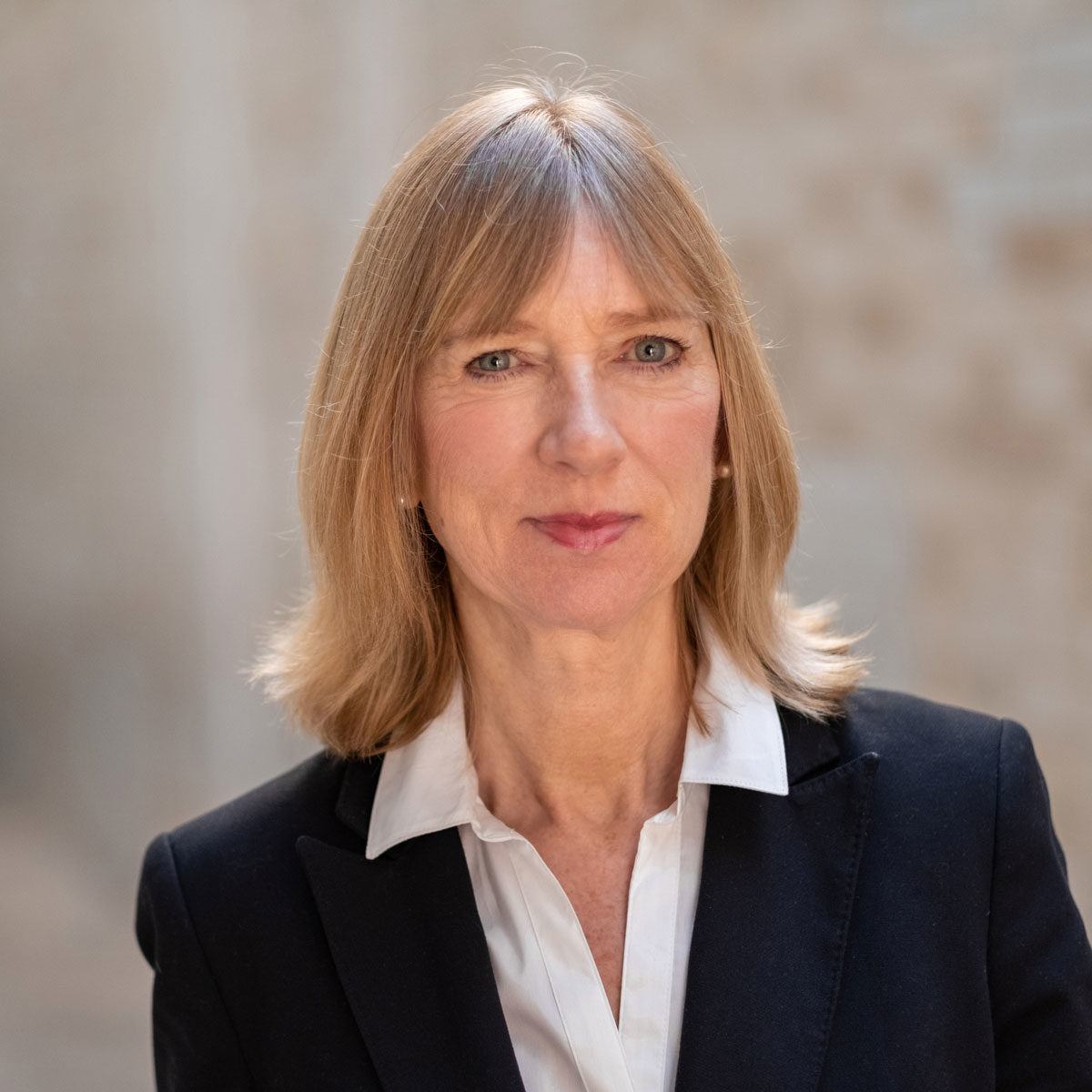It is both a proud and humbling moment to be selected for appointment to silk after a rigorous selection process. But it is especially so for a woman in the centenary anniversary year of the Sex Disqualification (Removal) Act 1919, the legislation that removed the bar on women joining the profession. The 100 years since then has changed women’s place in the legal profession out of all recognition and I am acutely conscious that I merely stand on the shoulders of all the women in law who have gone before me, principally so those who forged a path in more difficult times in the past.
But inequality remains, particularly at the Bar. Both retention of and progression
of women remain at worryingly low levels. The gender split on entry to the Bar is about equal, and then begins to fall off a cliff at the five-ten year mark. At the last count, a mere 15% of silks were women.
Being a barrister is a tough profession for anyone. It is difficult, if not nigh impossible, to practice part-time and it is challenging to combine with childcare or indeed any healthy work-life balance. All barristers are used to devoting evenings and weekends to work on top of the usual working week. If, like me, a barrister is essentially a trial advocate, that means being in court week in, week out and all over the country, often with little prior notice. Only a very understanding and flexible partner or full-time nanny can cope with that. It is a sad fact that all of my female pupils have eventually left the Bar, most becoming solicitors where flexible working, part-time working, and working from home is encouraged and embraced.
There remains too, in some areas of work, a gender clerking bias. Women barristers can find themselves channelled into more ‘female’ work, often against their will and at a stage in their career when they are too junior to complain. Women solicitors in more ‘masculine’ disciplines have told me that they are not offered enough women barristers by the clerks.
I am very much hoping to use my appointment as an inspiration for other women. I myself have been inspired by women at the Bar. The two best cross-examinations that I have ever seen were conducted by women silks – Nicola Davies QC and Wendy Joseph QC, both now judges. They were masterclasses in how to calmly, carefully, politely but relentlessly devastate witness evidence.
Women cannot aspire to something they cannot see. It is impossible, in my view, for a woman to model herself on a male barrister. More junior women barristers need to be able to see other women stick at the Bar and progress.
I had been told for a number of years by a variety of people, including judges and fellow barristers, that I should be in silk already. But I did not believe it myself. I have come to realise that an outward confidence, particularly when advancing my clients’ cases belied my inward lack of self-belief and that is common to women at the Bar. We leave it too long to apply or never apply at all.
A year ago, I did a complete volte face and applied. There were two main reasons for doing so. First, four women I know took silk last year. I knew them from different fori – pupillage, same practice, charity work, and being in the same chambers. At last there were women close to me, who I knew personally and I could see myself joining them. One of them went out of her way and implored me to apply, giving me invaluable advice about the application process – a process that seems arcane and terrifying if one has never attempted it before.
Second, having done informal mentoring for years, I knew I had to ‘step up to the plate’ and at least apply – for how could I encourage women to remain at the Bar and progress without having tried to take that ultimate step myself?
My overriding feeling on being told of my appointment was one of relief. That has rapidly turned to one of happiness and pride. The application process itself made me feel entirely differently about myself because, perhaps oddly, it gave me self-belief. I have been told by other QCs that it is an entirely new career and I look forward to embracing that going forward. However, more importantly to me is the hope that I will inspire other women who will come after me.
I have already been told by some more junior women barristers, both in Outer Temple Chambers and those I know from other sets, that my appointment has made a difference to them and how important it is to see someone you know staying at the Bar, negotiating all the difficulties and challenges us women face, and finally making it to silk.

